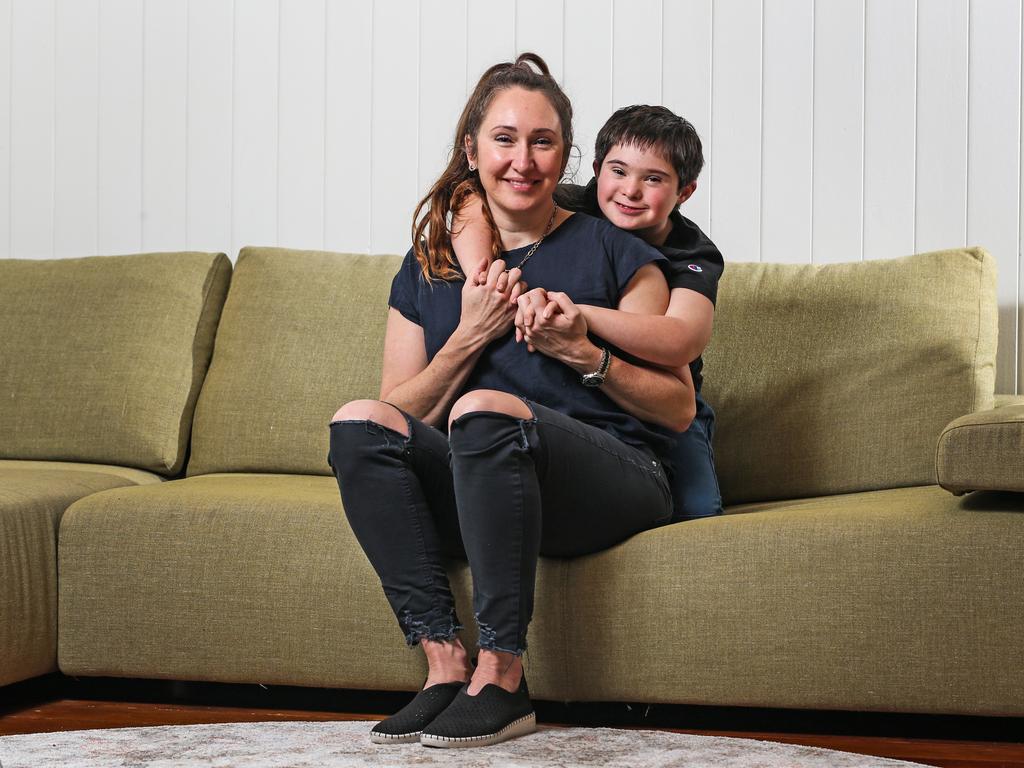Down syndrome quality of life information routinely misleads parents, Queensland researchers find
Queensland researchers have discovered that parents are consistently given false information about the quality of life of children with Down syndrome, leading to possible dire consequences for a life-changing decision.
QLD News
Don't miss out on the headlines from QLD News. Followed categories will be added to My News.
Queensland researchers have discovered that parents are routinely given false information about the quality of life of children born with Down syndrome that can have dire implications for decisions made following prenatal testing.
In an Australian-first the University of Queensland has explored the lives of young adults living with Down syndrome and the researchers have found that rather than a poor quality of life the Gen Zs had big hopes and dreams for jobs and hobbies, as well as joy and satisfaction in their relationships with family and friends.
In Australia up to 93 per cent of women with a confirmed prenatal diagnosis of foetal Down syndrome choose to terminate the pregnancy.
The UQ team, led by Associate Professor Rhonda Faragher and Dr Janette Lloyd from the School of Education conducted interviews and focus groups around the country.

“UQ’s Down syndrome Research Program has been going for 40 years and we were curious about what life was like for those just finishing school and how their lives might be different to previous generations,” Dr Faragher said.
“We had a sense that new technologies, inclusive schooling and community engagement would have had an impact on the experiences of the new generation of young adults.”
Four research assistants – all with Down syndrome – were employed by UQ to conduct interviews and focus groups around the country.
The team interviewed 26 people aged between 18 to 30, to gather data to inform national and international policy and practice.
“In Australia, families are routinely given false and outdated information about Down syndrome,” Professor Faragher said.
“This has implications for decisions parents are asked to make in a range of contexts like prenatal testing, education and health care.”
Down Syndrome Queensland (DSQ) will soon launch a new project that focuses on developing training and work instructions for health practitioners including GPS, gynaecologists and paediatricians, to make sure they’re giving parents appropriate and balanced information about their pregnancy options.
Darrly Steff, chief executive of DSQ said the organisation found that most parents are told what to do instead of guided through their options.
“Particularly with a prenatal screening, when it’s the GP presenting those results, they may well have an outdated view of what it’s like to have a child with Down syndrome and they pushing those views onto new prospective parents and not referring them to organisations like us who have the information and can taken them through that process,” Mr Steff said.
The prenatal screening training project is part of a broader program that aims to better resource pregnant women in Queensland, with an official website launching in September.



